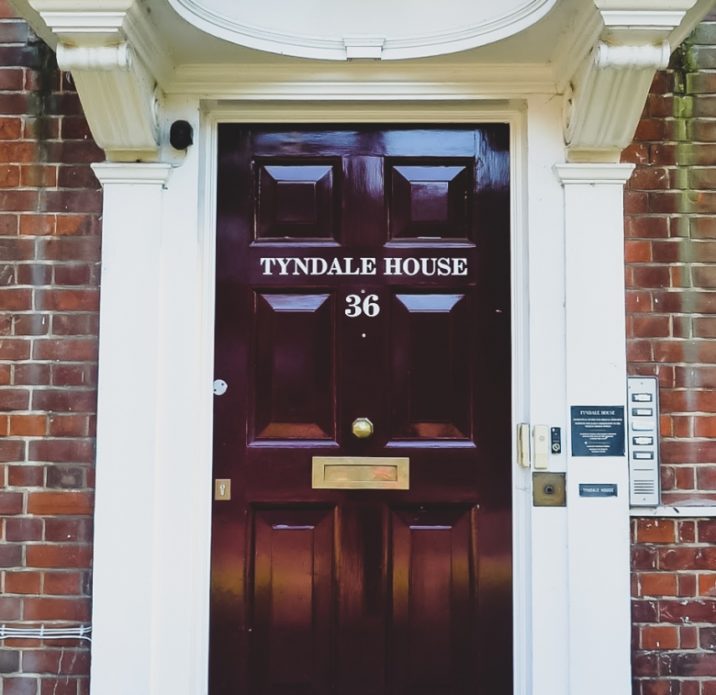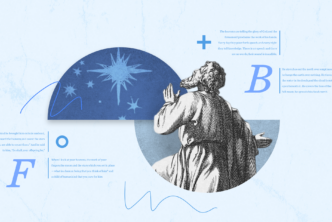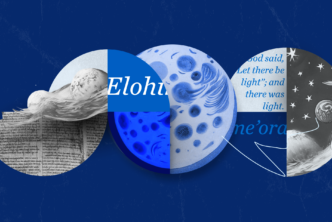Editor Note: June is a busy month full of academic conferences in the UK. I’ve been running around the country these past few weeks trying to cram in as many conferences, symposiums, and whatever-you-want-to-call-them’s as possible, as the blog will attest here, here and here. In fact, I have yet-to-publish reports on two Durham conferences, the “Reading Paul Today” symposium in which senior scholars engaged with John Barclay’s book, Paul and the Gift, as well as MediaLit, put on by the CODEC Digital Theology research group here in Durham (stay tuned for these over the coming weeks). There have been some conferences, however, like the Tyndale House Fellowship Conference 2018 held in Cambridge last week, that I just could not make it out to. Luckily for me (and for you) I have friends who were there.
Chris Porter of Ridley College offered to provide photos and a short write-up. He attended and reported on the New Testament Study Group, but there were a number of other sessions as well. These other Study Groups included Biblical Theology, Old Testament, Philosophy of Religion, and Christian Doctrine. You can find the list of sessions and presenters here. If you missed this year’s fun, do consider attending next year’s event in the beautiful city of Cambridge (and I’ll do my best to be there next year). Enjoy the write-up, and feel free to leave comments for Chris below.
For three days this week we gathered in Cambridge for the New Testament group of the annual Tyndale Conference. This year was focused on the Fourth Gospel, and as the group has grown we met at Wolfson Hall around the corner from Tyndale. The New Testament group is ably chaired by Ian Paul and Sarah Whittle:


To kick us off, Richard Bauckham gave a detailed and interesting archaeological paper on “Cana in the Gospel of John,” linking the location of Cana with one of the priestly groups settled in the land, and proposing that the ὑδρίαι suggests that the wedding may be of a priestly family.

Following this, Pete Phillips gave a paper on “Seeing, Believing, Abiding: Experiential, Conceptual and Post-Conceptual notions of Faith in the Fourth Gospel,” challenging the presupposition of πίστις as intellectual assent, and seeking to broaden the category.

In the evening we moved over to Tyndale House for a plenary Tyndale Lecture from Andrew Byers, looking at how theosis may be seen as a helpful category for the destabilisation of ethnic identity for soteriology in the Fourth Gospel in his paper, “’Theosis’ and ‘the Jews’: Divine and Ethnic Identity in the Fourth Gospel.”

The next morning we re-gathered, with Bruce Henning looking at “The Rhetorical Effect of Typology Shifting in John 12:38-41.”

This was followed by Chris Seglenieks’ paper, “Faith and Narrative: A Two-Level Reading of Belief in the Gospel of John,” in which he utilized the framework from Seymour Chatman (Story and Narrative) as a framework for the disambiguation of belief in the Fourth Gospel.

Following a light morning tea, Tom Wilson challenged our exegetical processes as he queried methods of “Reading John in the company of ‘the Jews’.”

This was followed by an excellent paper from a new scholar, Charlie Butler, who presented “John 4 For All Christians? Integrating feminist insights with a developing paradigm of the Fourth Gospel’s audience,” in which he sought to do justice to the Samaritan woman in John 4 and explore how this may relate to the village’s declaration of Jesus as “ὁ σωτὴρ τοῦ κόσμου.” (John 4:42).

After lunch and a break I (Chris Porter) presented a paper entitled, “Will the Real Johannine Community Please Stand Up? Assessing the Johannine Community from a Social Identity approach,” challenging notions of the JComm from a Social Identity framework.
After this Jason Chambers expanded on the framework of witness in his paper, “The Recognition of God’s Son as the Lamb”.

The next morning we turned to the subject of ethics, as Matthew Williams presented an erudite exploration of “The Johannine Literature and Socio-Economic Ethics.”

Next, Cor Bennema expanded his mimetic framework to look at how it may instruct discussions on ethics, in his paper “Moral Transformation and Mimesis in the Gospel of John.”

Finally, J.W. Bunce rounded out the conference looking at “St John’s Gospel [as a] Liturgy of a Primitive Christian Synagogue.”

The Tyndale House was an enjoyable conference, with a range of papers and topics and good scholarly insights and discussion. There was plenty of time to discuss research with colleagues, and to access the excellent library at Tyndale House. The conference topic for 2019 is tentatively set as “Orality, Writing and Canon.”





